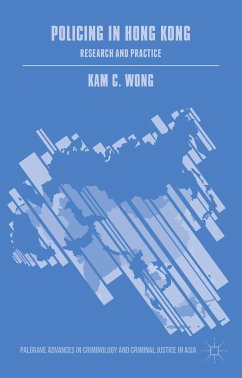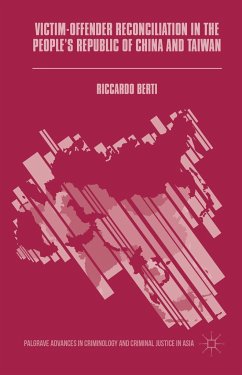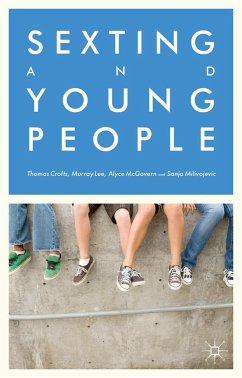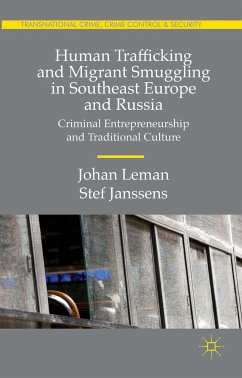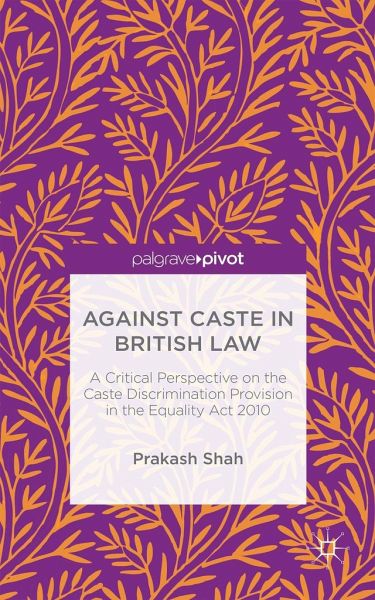
Against Caste in British Law
A Critical Perspective on the Caste Discrimination Provision in the Equality ACT 2010

PAYBACK Punkte
19 °P sammeln!
This book discusses the salience of the caste question in UK law. It provides the background to how the caste provision came into the Equality Act 2010 and how it was reinforced in 2013, and analyses the various interests that played a role in getting caste into law.







